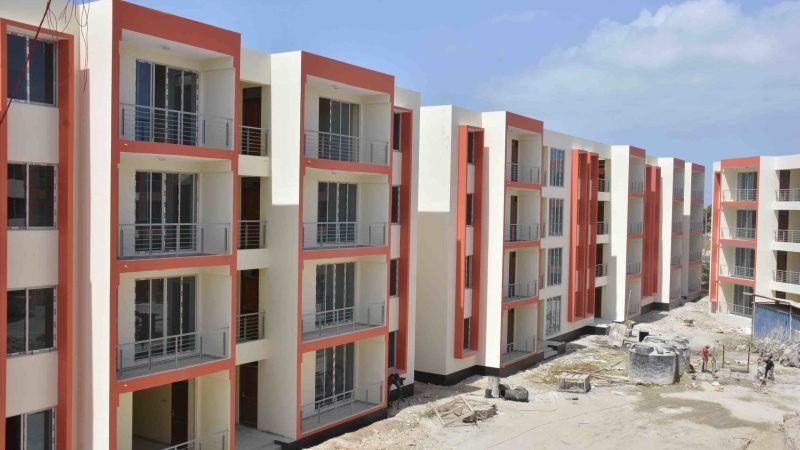Real estate is one of the most reliable ways to build wealth in Kenya. Whether you’re looking to buy your first piece of land, invest in rental property, or develop a home for your family, the market offers diverse opportunities. However, entering the property market without proper guidance can lead to costly mistakes.
This guide breaks down how to get started in Kenya’s real estate market — safely and smartly.
1. Understand the Market Basics
Before buying anything, take time to understand how real estate works in Kenya. The market is made up of:
Residential properties (homes, apartments)
Commercial properties (shops, offices, warehouses)
Industrial land (used for factories, go-downs)
Agricultural land (farming or speculation)
Mixed-use properties (combine residential + commercial)
Each category has different risks and returns. For beginners, residential or land investments are usually easier to manage.
2. Set a Budget
Start with what you can afford. Ask yourself:
Can I pay cash, or will I need a loan/mortgage?
What’s my total budget, including legal and processing fees?
Am I buying for personal use, rental income, or long-term investment?
💡 Pro tip: Always factor in extra costs such as stamp duty (usually 4%), legal fees (1–2%), valuation, and agent commissions.
3. Choose a Location Wisely
Location determines everything — price, appreciation, rental potential, and future resale value. Popular areas for first-time buyers include:
Ruiru, Joska, Juja, Thika, Kitengela, Athi River – affordable and growing
Nanyuki, Naivasha, Kisumu, Eldoret – popular for second homes or land banking
Karen, Lavington, Nyali – high-end areas for luxury homes and premium rentals
Before buying, research infrastructure, security, access roads, and water/electricity availability.
4. Work With Trusted Professionals
You’ll need the help of:
A licensed real estate agent – to find listings and negotiate deals
A property lawyer – to review sale agreements, conduct land searches, and register titles
A surveyor/valuer – to confirm property boundaries and assess fair market value
Avoid using brokers with no credentials. A professional team protects you from fraud and legal headaches.
5. Do a Land Search
This step is non-negotiable. Visit the local land registry or use the eCitizen portal to conduct a search using the title deed number.
A land search will confirm:
Who owns the property
Whether there are disputes or unpaid rates
If the land is public, private, or under caution
6. Secure Financing (If Needed)
If you need a loan or mortgage, consider:
Banks (e.g., KCB, NCBA, Absa)
SACCOs (often lower interest rates)
Mortgage companies (e.g., Housing Finance)
Ensure the land you want to buy has a clean title and is in an area approved for financing.
7. Complete the Sale Legally
Once everything checks out:
Sign a Sale Agreement (prepared by your lawyer)
Pay Stamp Duty
Register the land in your name
Get a Title Deed issued by the Ministry of Lands
Keep copies of every document. Do not pay in cash — always use traceable methods (bank transfer or cheque).
8. Think Long-Term
Ask yourself:
Will the property grow in value over 5–10 years?
If rental, how soon will it start earning?
Are there upcoming roads, schools, or malls nearby?
Real estate is not a get-rich-quick scheme. It rewards patience, research, and strategy.
Final Thoughts
Kenya’s real estate market holds incredible potential, especially if you invest wisely. Start small, do your homework, and seek advice when in doubt. Whether you’re buying land, building a home, or investing in rental units — real estate can be your path to long-term financial growth.

